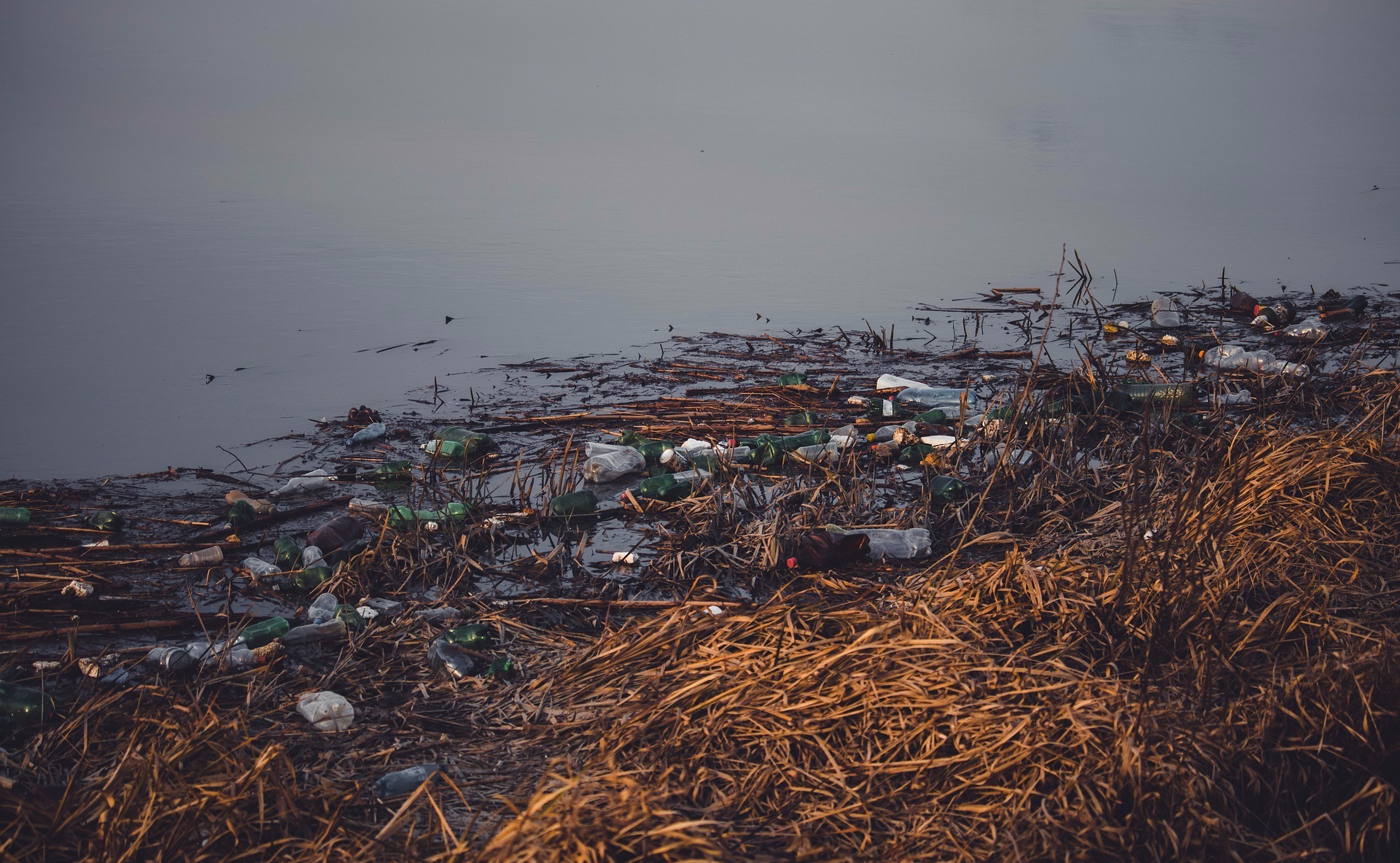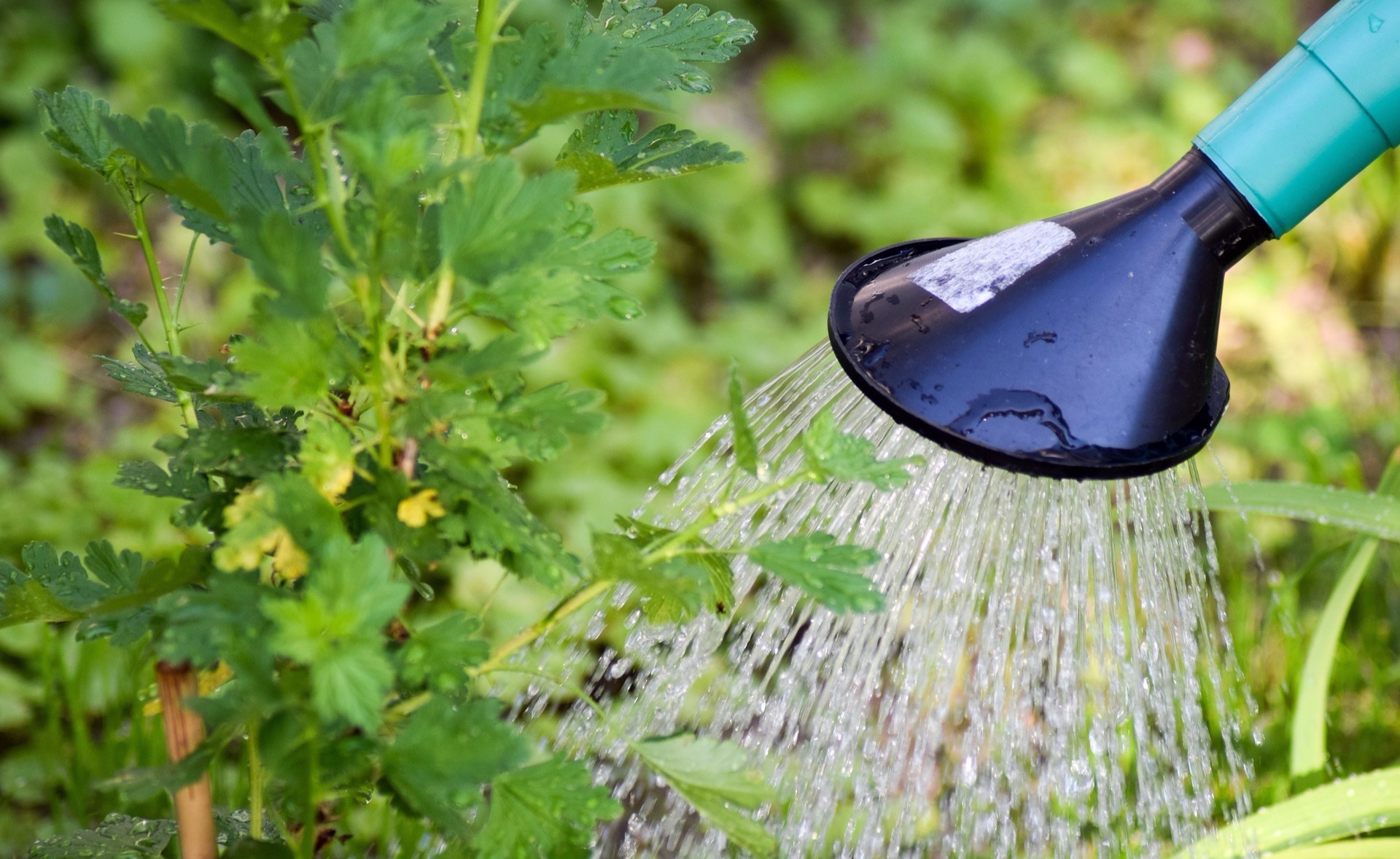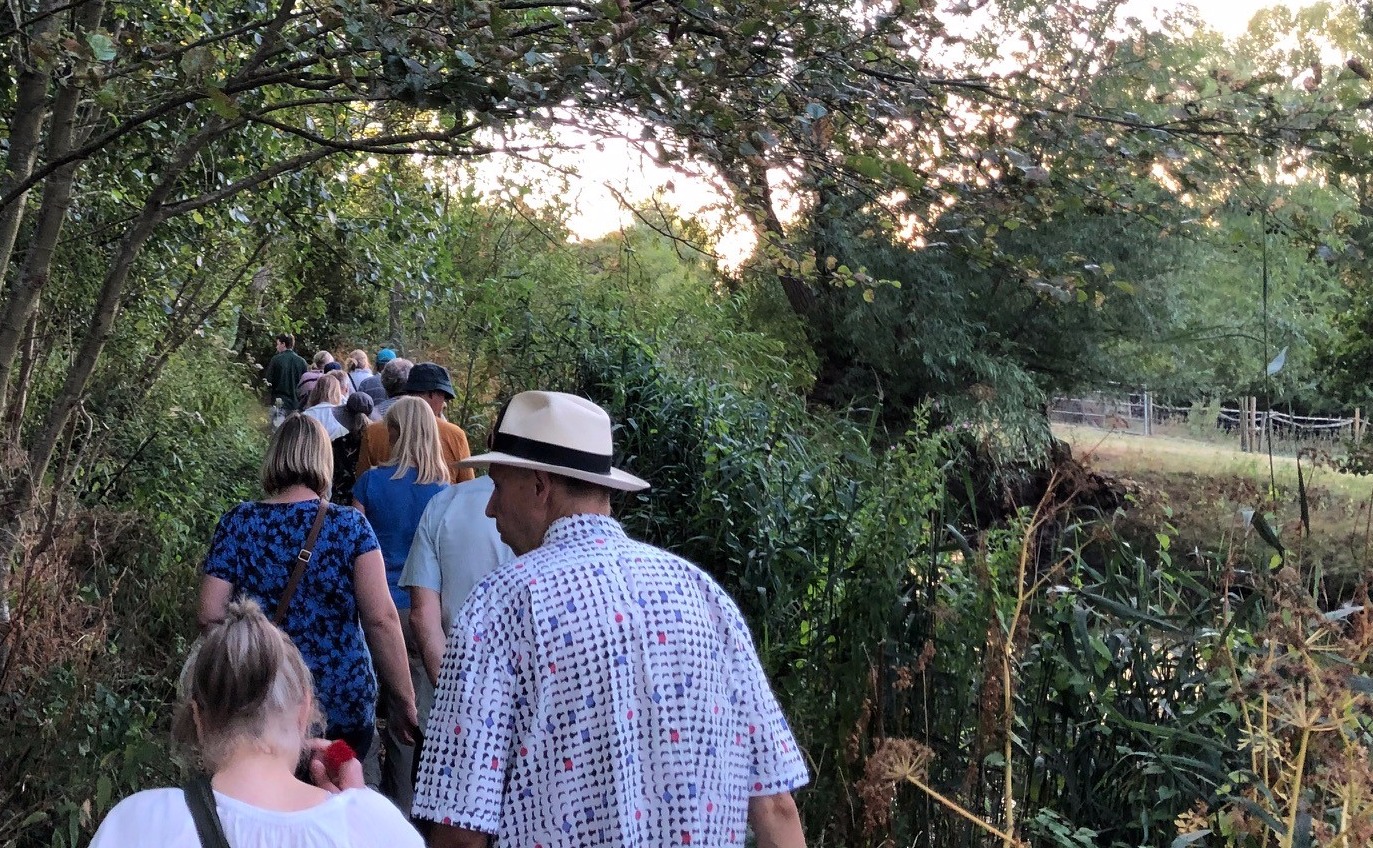Reduce Water Usage
Our chalk streams are facing a water crisis. With the demands of a growing human population and increasingly extreme weather patterns, river flows are becoming less reliable. The summer of 2019 saw some chalk streams in the South East run completely dry, which should flow year round, sounding the alarm for chalk rivers of the Wessex region.
Reducing our water usage will help reduce this pressure on our rivers. Here’s how you can help:
• Take shorter showers – the average shower takes about 8 minutes using lots of water and electricity.
• Switch to a water conserving shower head.
• Turn the tap of when your brush your teeth.
• Invest in a dual flush toilet or you can ask your water company for a ‘Save a Flush’ bag.
• Keep a jug of cold water in the fridge instead of letting your tap run until it’s cold, especially when it is hot outside.
• Only put the dishwasher/washing machine on when it’s a full load.
• Make sure your taps and pipes don’t have any drips or leaks.
Reduce Water Pollution
• Only flush the 3ps down the loo - pee, poo and paper. This reduces blockages which can result in raw sewage discharge to our rivers.
• Be conscious about what you put down the kitchen sink. Many household chemicals are harmful to life in our rivers. Choose cleaning products which don’t contain phosphate which can cause algal blooms in the rivers.
• On a septic tank? Only use septic tank safe certified products.
• Restrict your dog’s access to the river for 48 hours after flee treatment, as it can wash off and kill the invertebrates in the river. Read the instructions on your specific treatment.
• If possible, buy UK grown organic products where less chemicals are used in production.
• Use a microfiber bag such as a Guppyfriend when washing clothes so microfibers don’t end up in the river. These fibres are too small to be captured in our wastewater treatment works, learn more about it here.
• Dispose of your waste properly, items such as paint can be toxic to the environment.
• Join a litter pick and always take your rubbish home with you.
• Reduce your plastic consumption by using refillable bottles and choosing products not wrapped in plastic.
• Keep a jar by your stove to put waste oil and fat into instead of washing it down the sink, then when your jar is full you can throw it away.



